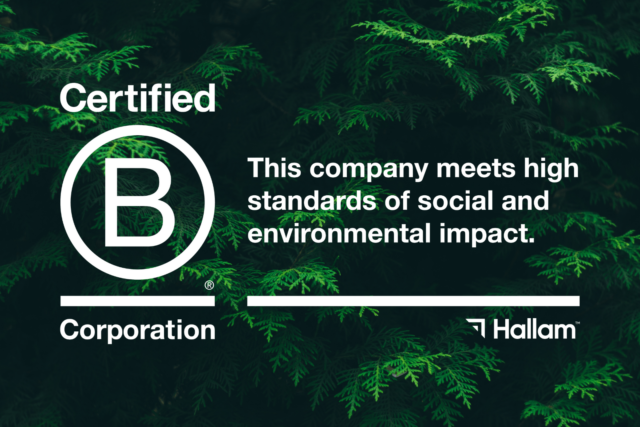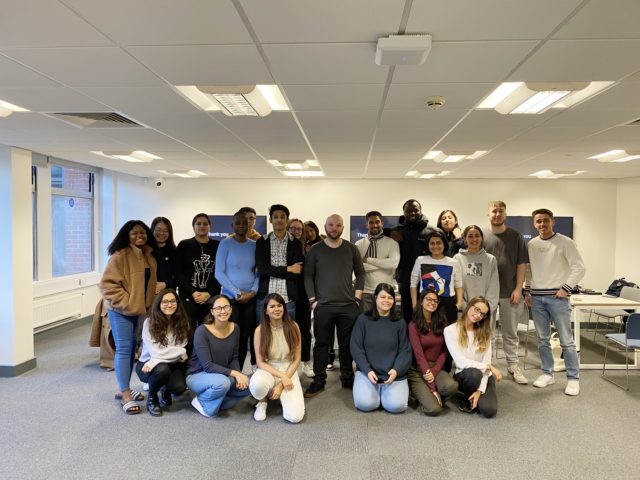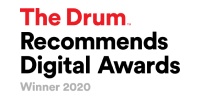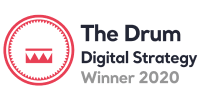Business schools are different from other branches of higher education because they tend to be organised around traditional corporate business functions like accounting, finance, HR, marketing, IT, supply chain, management and strategy. But, as the reality for today’s graduates continues to change, especially regarding tech and sustainability, it’s clear that business schools need to rethink their organisation.
Siloed business schools will naturally start to face a decline in the coming years, while agile business schools will become key shapers of job markets, will nurture the minds of future graduates and produce tons of creativity and innovation.
Business schools need a rethink and reset
The “old-school” way of teaching and learning needs a rethink if graduates are going to enter the workplace readily equipped for tackling today’s complex business problems. Teaching students to foster critical, analytical, and creative thinking are key, along with encouraging students to engage in a collaborative learning process. The education process needs to empower students to work together, instead of simply feeding students with one-way delivered information.
The “real world” is becoming more and more complex, so a simple solution just isn’t going to cut it. Turning data into insights is a revolutionary way of generating context-based solutions, but knowing how to do it well requires a lot of skill and knowledge. The silo-structure of today’s business schools is not going to work in this complex new business world.
Many business schools are actively starting to integrate fields such as corporate social responsibility (CSR), entrepreneurship, and innovation principles into their curriculum, while some schools now have combined business and economics schools. Others are still treating these as separate disciplines, and are beginning to see themselves getting left behind. Similarly, a lot of business schools are actively collaborating with their computer science peers to build data science initiatives, but schools that are even further ahead are recognising the importance of directly integrating and teaching applied data science within business. The role of business school’s is to build skills that will enable graduates to solve business problems with solutions that draw on relevant and up-to-date theories.
Beyond intellectual skills, business students need to be taught to have a deep understanding of current business practices and to be able to picture a better way of doing business. Business school educators need to start guiding students in developing not just their transferable or soft skills (i.e., critical self-awareness, self-reflection, empathy, etc.) but also their morals and virtues, as it’s these values that are going to drive genuine change in the future when it comes to making business decisions about ethical and sustainable issues.
The most prized skills in our future economy are likely to be empathy, emotional intelligence, communication, and interpersonal relationships, which business schools currently aren’t focusing on, and with companies now recruiting for roles like, “Customer Experience Manager” and “Sustainability Officer”, it raises the question: what should the future of business school education look like?
Taking an “anti-disciplinary” approach would help to reshape business studies in a whole new academic space, one that incorporates sustainability, governance best-practice, real-world relevance, and graduate employment outcomes above all the ‘old school’ teachings, better preparing students for what they’ll actually face in the ‘real world’. KPMG’s (2019/2020) “Future-proofing the University” report highlights how necessary it is to align your business teaching strategy with student needs, the future of work, advancements in tech, and the value it creates for stakeholders (individuals and wider society).
There are 3 key areas: digital and data literacy, competency-first education, and ‘individual’ TBL and Virtue Ethics, that will help to reshape how business is taught.
Digital and data literacy
Given how fast technology is advancing and how reflexive and adaptable the industry is becoming in terms of adopting new toolkits, business schools need to educate students in line with all the cutting-edge trends. For example, every educator teaching marketing in every business school should’ve had detailed knowledge of Google Analytics 4 at the time of market launch (October 2020), and should’ve been ready to discuss how to practically use this tool, while drawing on context from the fields that drive the human need for new updates, like psychology and decision science (the science behind how the way in which choices are presented to us affects our decisions).
The rising importance of programming and coding in business analytics has two central pillars: first, individuals equipped with these skills are likely to add high value to an employer (and new business development), by having great development prospects and an understanding of analytics and data science; secondly, a workplace where graduates are able to code and programme will create a business world where programming languages will start to form communication bridges between programmers and leaders, helping everyone to understand each other.
Employers should focus on hiring graduates that are equipped to think broadly and strategically and to find a solution – and business schools should educate in tandem. Employers should give ‘bonus points’ to candidates with a genuine interest in complex technology, like AI, and business schools should actively encourage and support self-directed and collaborative learning throughout undergrad and masters level education.
Competency-first education
A lot of business schools are failing to impart useful skills, prepare leaders, and instill norms of ethical behaviour, and most are busy teaching and researching 20th century management principles that are essentially leading students towards yesterday.
Since reports started to surface about how business schools were failing in these areas, skill-focused training, micro-credentials, problem-based learning formats, and self-teaching in domains like programming, started to rise, providing evidence enough that business schools need to evolve. Major employers like KPMG for example, claim that “strengths and motivations” and “behavioural capabilities” are the key competencies that make a successful new recruit.
On top of job-specific skills, transferable or soft skills like: lateral thinking, question and solution making, creative problem-solving, and teamwork are measurable and attainable skills that are starting to be integrated into the curriculum. The biggest challenge educators face is aligning all 3 things teachings together: the curriculum, learning activities, and assessment of transferable or soft skills, so that students can learn and understand the environment as a whole. This notion is known as constructive alignment.
The University of Nottingham started embracing these principles and have since become the 2nd most targeted university by top employers in the UK. Other business schools need to embrace putting their students at the centre of all teaching, and focus on their role in developing them as confident and competent contributors to society, post-university.
The triple bottom line (TBL)
The triple bottom line (TBL) is a new commercial success metric focused on profit, people, and the planet. TBL demonstrates that businesses can actually maximise commercial success by focusing on broad, societal KPIs. Businesses that take this approach are more likely to avoid longer-term risk because their business purpose goes beyond financial bottom lines, like profit, by balancing this with their investments in internal and external stakeholders, like employees and suppliers (people), and in contributing towards efforts to protect the environment (planet).
Even the most pragmatic of businesses can see this isn’t just a fleeting trend – it’s an essential approach to remaining successful now that consumers’ attitudes are changing to favour ethical and sustainable options above others. These consumers are also the pool of new hires who are ultimately going to be our future leaders, intersecting perfectly with other emergent concepts like Leadership 4.0, which outlines that the new generation of leaders need a new set of leadership capabilities in order to keep up with social change, and fits with the idea of active programmes for employees, like Google’s “20% rule”, that empowers them to be better, well-rounded individuals, by allowing them to invest time in projects that they find valuable.
To future-proof their businesses, employers should hire candidates who see themselves as conscious and responsible citizens of the planet and, by extension, who engage with a broader concept of what productiveness and success looks like. Business schools should act as skill providers and foster critical and analytical thinking, while also facilitating and encouraging good morals and values. This means not just lecturing students about risk and CSR with no opportunity to engage, but instead creating an environment where students can engage with one another and practice higher-level problem solving.
So, what’s needed?
The job market needs graduates that truly understand the multidimensionality of the business world and all its volatility, and who are able to navigate changes in political, economic, social, technological, legal and environmental spheres when they happen.
Business schools up until this point have been consumed by what’s gone before, and while a lot of our past knowledge teaches us and drives next-generation thinking, being able to innovate and adapt to new challenges is key to moving forward. Problem-based learning (or rather challenge-based) should be front-and-centre of future business schools.
A savvy, refreshed, and forward-thinking curriculum re-design and leadership, will help business schools to future-proof themselves and will make sure that future societal concerns are always considered.
At the most basic level, business schools can expect that their graduates will compete in the job market for ‘business’ roles with graduates from history, literature, art, psychology, philosophy, math, physics, computer science (in fact, potentially virtually every other discipline!).
Banking on education models of the past will ensure that skills taught to students never change, while the business world constantly evolves under their noses, negatively affecting both the higher education market that business schools operate inside of, and the job market (and the product and service markets and societies) where schools provide talent.
This isn’t an attempt to kill the enthusiasm and ambition of current business schools, but it’s a call for business schools to redirect their experience and resources before it’s too late.
If you have any questions or want to continue the conversation, get in touch.









